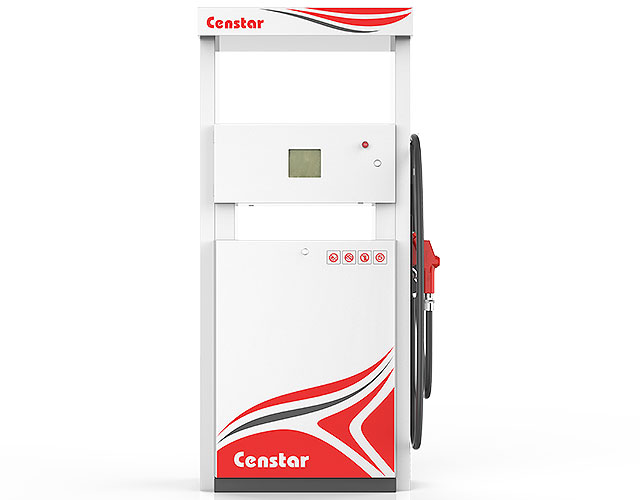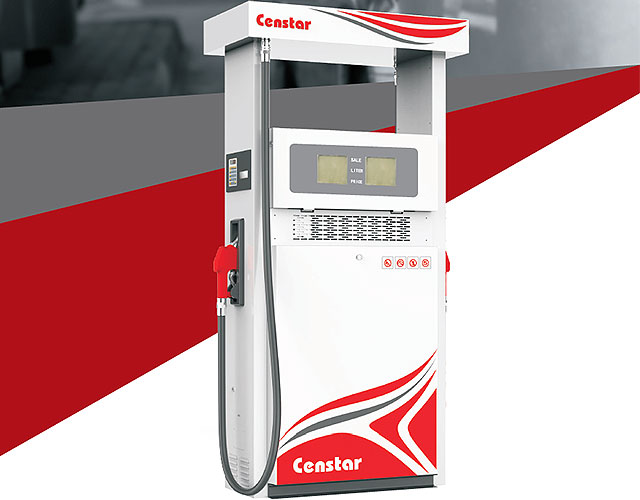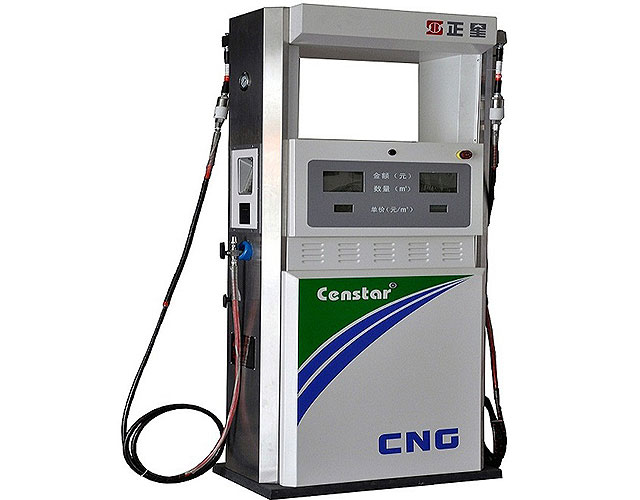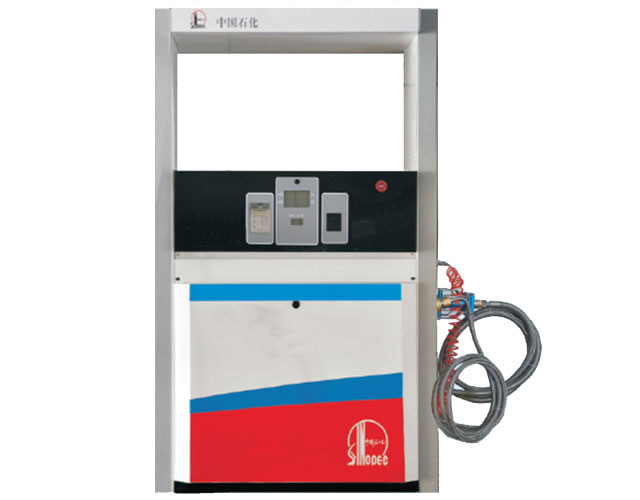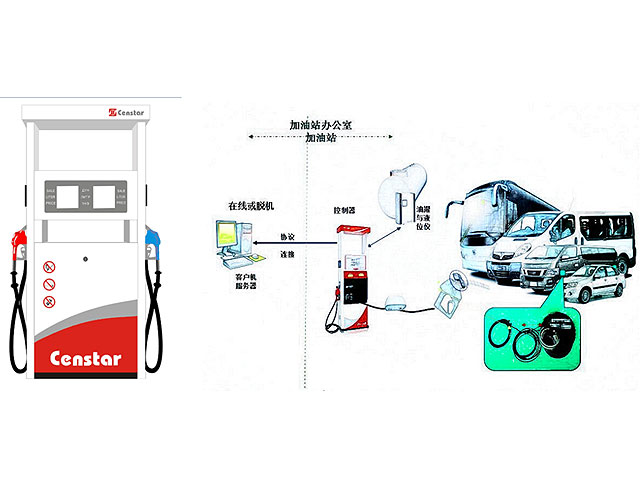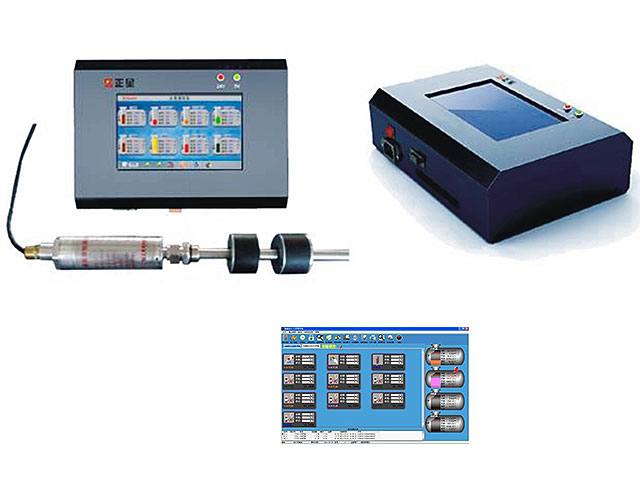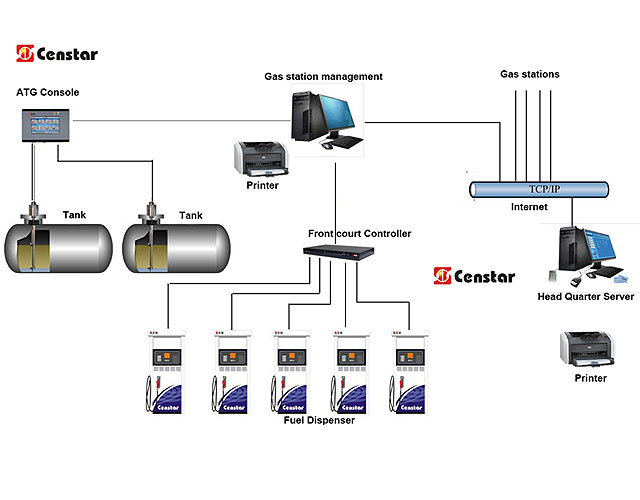minimum safety standards for a liquified natural gas stations

Separation Distances in NFPA Codes and Standards
This source looks at a blast in terms of the peak overpressure and wind (blast wave) speed and the effect those quantities have on personnel and structures. Eardrum rupture in humans, for example, occurs at 5 psi for 1% of the population to 45psi for 99% of the population.

Alternative Fuels Data Center: Natural Gas Fuel Safety
Compressed natural gas (CNG) is also stored at very high pressures, presenting different safety issues than gasoline or diesel fuel present. When vehicles and fueling stations are operating well and are properly maintained, the high pressure gas is unlikely to present any danger to the driver of the vehicle.

Propane and Liquefied Petroleum Gas Regulations
(relating to adoption of National standards). Act The Propane and Liquefied Petroleum Gas Act (35 P. S. §§ ). Authorized attendant An employee of a manufacturer, distributor or user of LPG who was trained, in a manner approved by the Department, in the proper performance of duties and who was officially recognized

PROJECT STANDARDS AND SPECIFICATIONS liquid and ga
(PROJECT STANDARDS AND SPECIFICATIONS) Page 4 of 55 Rev: 01 Feb 2011 SCOPE This Project Standards and Specifications is intended to cover the minimum requirements and criteria to be considered in process design of liquid and gas transfer and storage facilities in OGP Industries.

Meter & Regulator Stations Natural Gas Pipeline Services
Meter & Regulator Stations. Natural Gas Pipeline Services. Meter and regulator stations are the points of transfer where the pipeline company measures gas quality and volumetric flow, and reduces the pressure of the gas to feed natural gas distribution systems.

Gas Station Safety OSHAcademy Online Safety Training
Gas Station Safety. According to the US Bureau of Labor Statistics 29 fatalities occurred in the gas station industry in 2014. For every 100 employees in the gas station industry 2.3 employees were injured. 1.1 out of every 100 employees were injured severly enough to cause them to miss work or require a job transfer or restricted job duties.

INTRODUCTION AND OVERVIEW
• From the compressors to underground storage or a liquefied natural gas (LNG) plant (where natural gas is liquefied by reducing its temperature to 260 °F), or directly to

Natural gas fuelling stations LNG stations for ISO
ISO 16924:2016 is applicable to fuelling stations receiving LNG and other liquefied methane rich gases that comply with local applicable gas composition regulation

Petroleum Gas Station Checklist Retail Blog
To assist multi unit retailers starting or improving their retail audit program, Compliant IA regularly publishes how to guides, best practices and checklists. Use this sample checklist to create or update your inspection program across your gas stations. While individual situations vary, the following sample checklist details specific issues that may be included in a gas station

Understanding Natural Gas Compressor Stations
Sources: Hearing Loss in Agricultural Workers, National Safety Council, Itasca, IL; League for the Hard of Hearing, New York, NY. Air Quality. Most natural gas compressor stations are powered by combustion engines, which vent exhaust emissions into the atmosphere. In 2013, PA DEP implemented stricter emission standards for compressor stations through a revised GP 5.

TECHNICAL STANDARDS AND SPECI
T4S Means Technical Standards and Specifications including Safety Standards for City or Local Natural Gas Distribution Networks & Natural Gas pipelines. This standard is issued

COMPRESSED NATURAL GAS AND LiqUEfiED
and Yacht Council (ABYC) and any other applicable standards. The Regulations for Liquefied Natural Gas (LNG) apply to the design, installation, and operation of LNG dispensing systems, the design and installation of LNG engine fuel systems on vehicles of all types and their associated fueling facilities, and the construction and

Gas Safety Regulation Laws Publications
Compressed natural gas vehicle conversion certificate of qualification. (a) be the holder of a 3 year automotive industry training credential or an equivalent 3 year automotive trade, or (b) have documented evidence, acceptable to a provincial safety manager, of a minimum of

How Does the Natural Gas Delivery System Work? American
How Does the Natural Gas Delivery System Work? How Does the Natural Gas Delivery System Work? Gas flowing from higher to lower pressure is the fundamental principle of the natural gas delivery system. The amount of pressure in a pipeline is measured in pounds per square inch.

Liquefied Natural Gas Safety Research Department of Energy
Liquefied Natural Gas Need Clarification,’ found that the most likely public safety impact of an LNG spill is the heat hazard of a fire, but disagreed with the specific heat hazard of a fire and cascading damage failure conclusion, which is used by the Coast Guard to prepare

Storage and handling of liquefied petroleum gases. 1910
Liquefied petroleum gas service stations (h)(1)Application. This paragraph applies to storage containers, and dispensing devices, and pertinent equipment in service stations where LP Gas is stored and is dispensed into fuel tanks of motor vehicles. See paragraph (e) of this section for requirements covering use of LP Gas as a motor fuel.

49 CFR Part 192 TRANSPORTATION OF NATURAL AND OTHER GAS
transportation of natural and other gas by pipeline: minimum federal safety standards; 49 cfr part 192 transportation of natural and other gas by pipeline: minimum federal safety standards . cfr ; prev next. subpart a general (§§ 192.1 ) subpart b materials (§§ )

CHAPTER 1: GENERAL APPLICABILITY US EPA
(Federal safety standards for transportation of natural and other gas by pipeline), 193 (Federal safety standards for liquefied natural gas facilities), or 195 (Federal safety standards for transportation of hazardous liquids by pipeline), or a state natural gas or hazardous liquid program for which the state has in effect a certification to DOT



